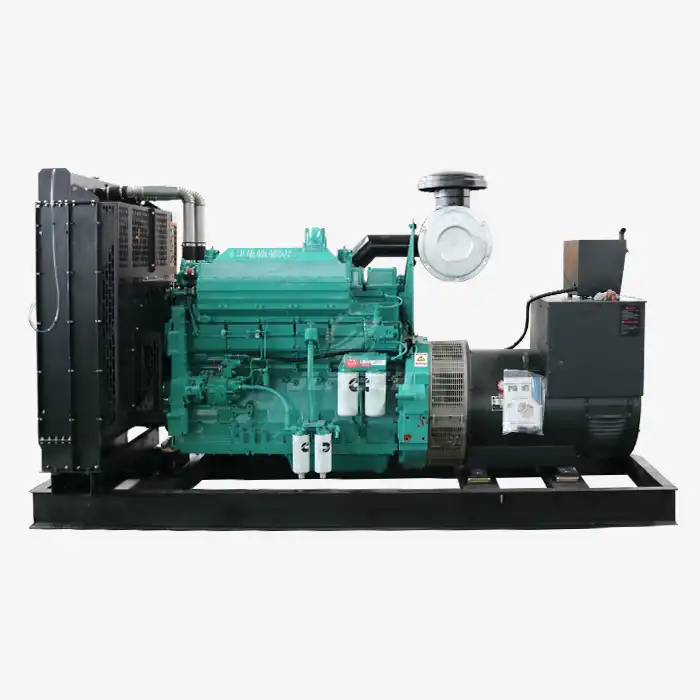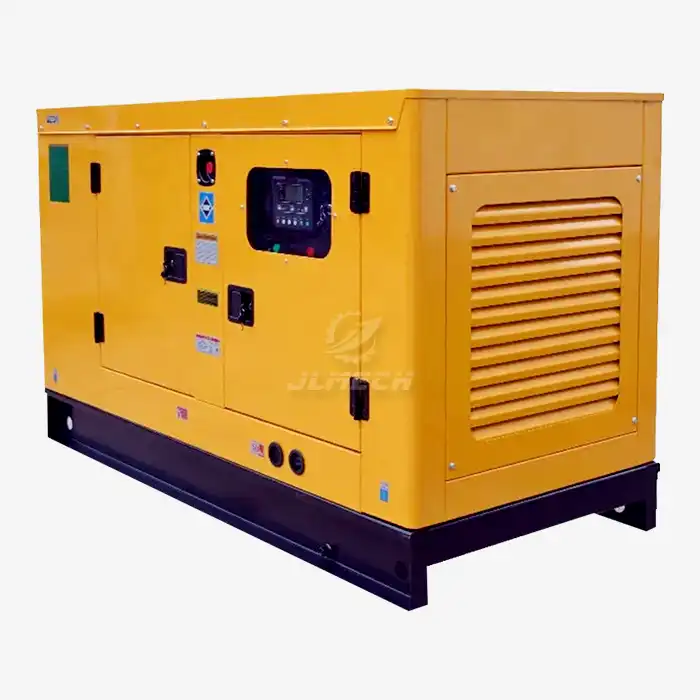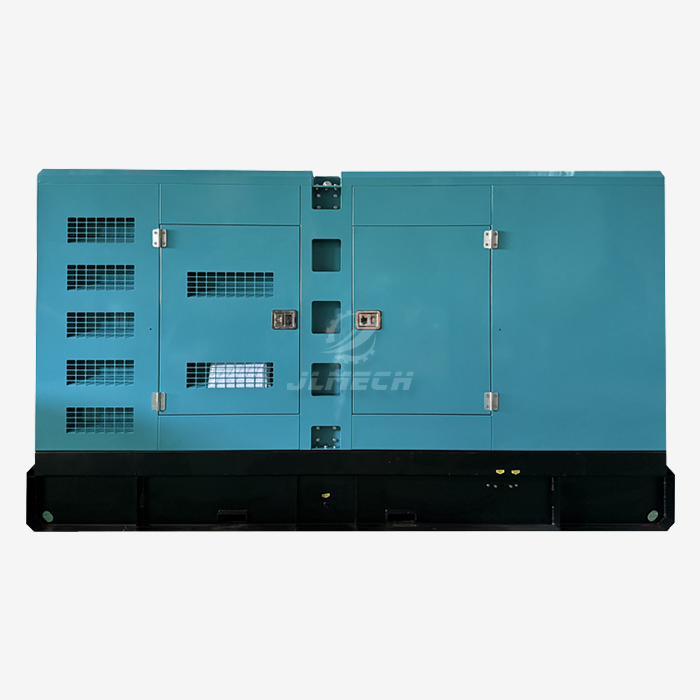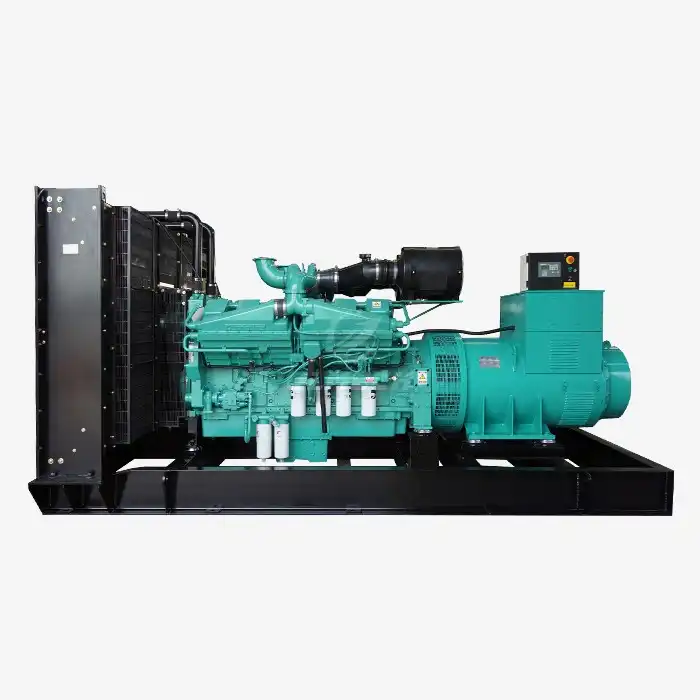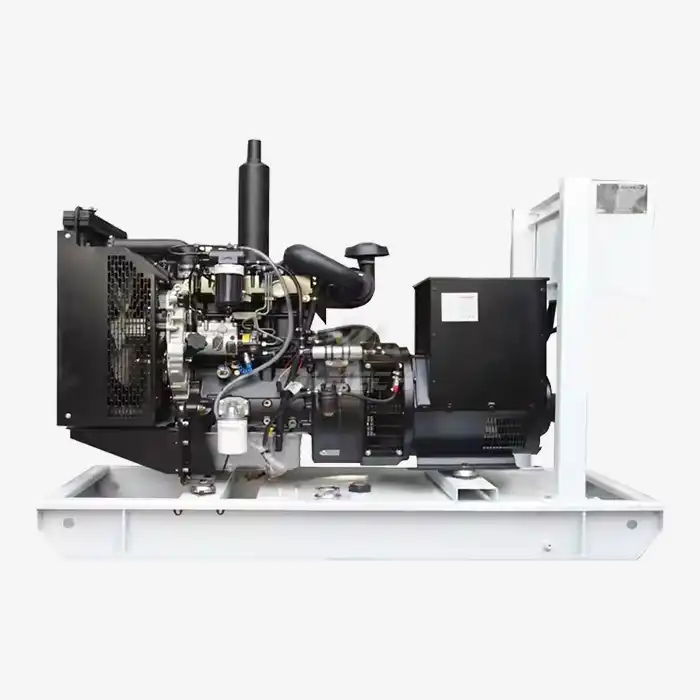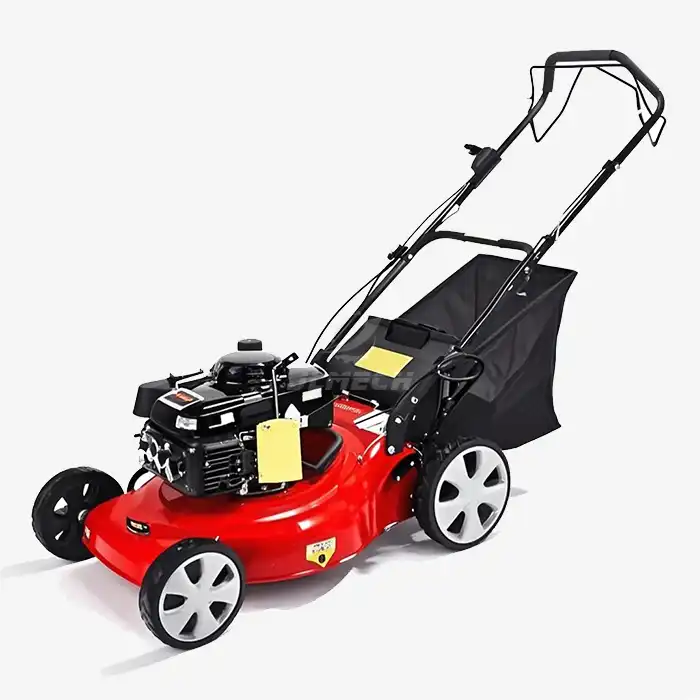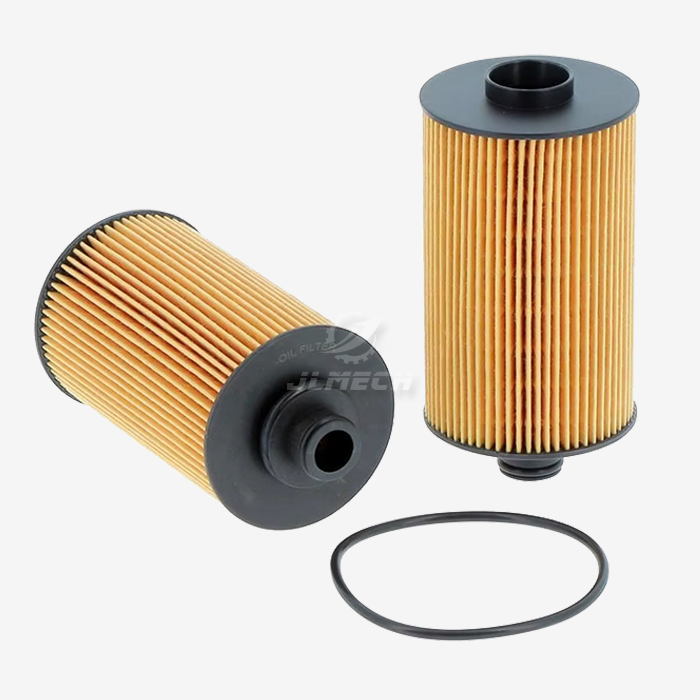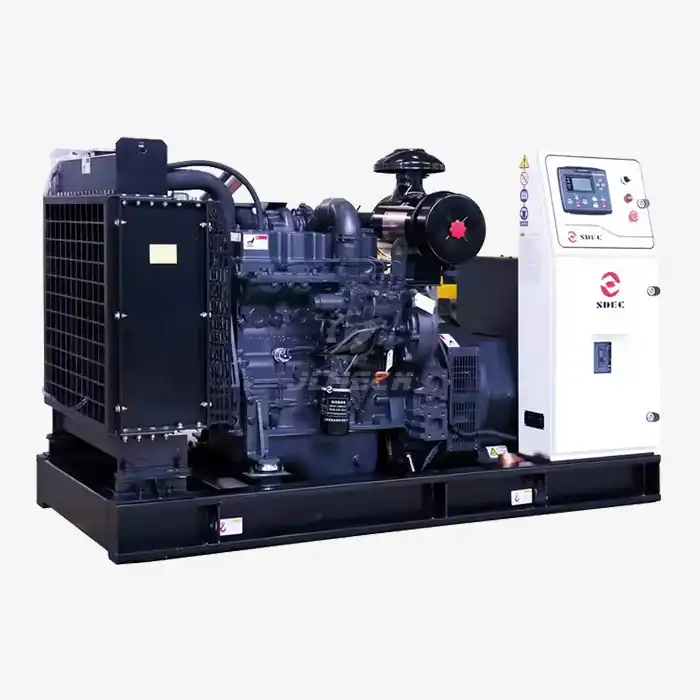What does an oil cooler do on a diesel engine?
In diesel engine operation, managing extreme heat is one of the most critical challenges for ensuring performance, efficiency, and longevity. The Diesel oil cooler serves as an essential component in this thermal management system, specifically designed to regulate engine oil temperature under demanding operating conditions. This specialized heat exchange device prevents oil from degrading under high temperatures, maintains optimal viscosity, and ensures continuous lubrication protection for vital engine components. Understanding the function and importance of the Diesel oil cooler is fundamental for anyone relying on diesel equipment, as it directly impacts maintenance intervals, operational reliability, and overall engine lifespan.
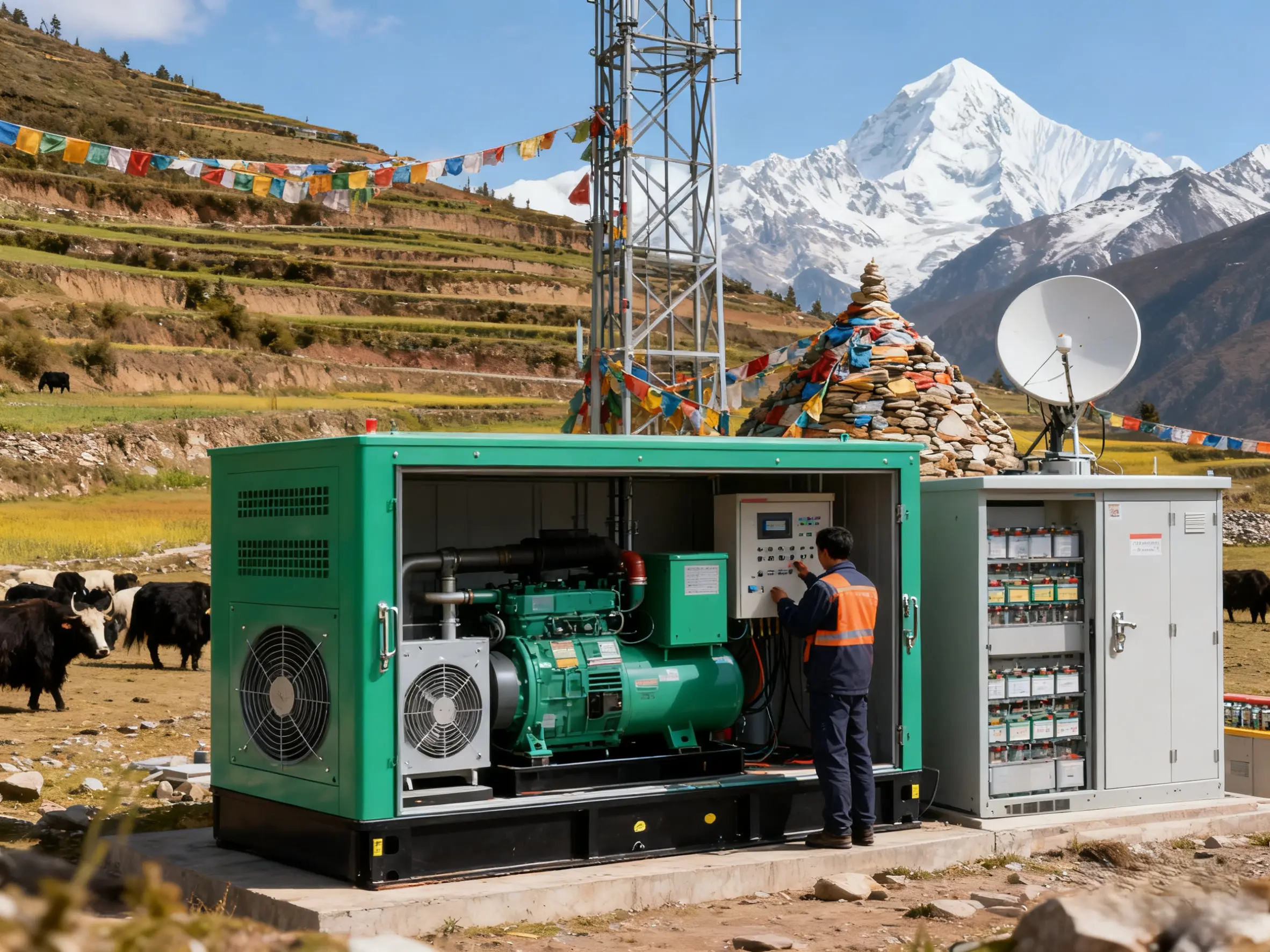
Core Functions and Operational Importance
The Diesel oil cooler performs several vital functions that collectively contribute to engine health and performance:
Temperature Regulation: Maintains oil temperature within the optimal range (typically 80-95°C), preventing both overheating and excessive cooling that could compromise lubrication efficiency .
Viscosity Preservation: Prevents thermal breakdown of oil molecules, ensuring the lubricant maintains proper thickness and film strength to protect moving components .
Oxidation Prevention: Reduces oil oxidation and thermal degradation, which extends oil life and prevents sludge formation that can clog oil passages and filters .
Component Protection: Helps prevent thermal stress on engine bearings, pistons, cylinders, and other critical components that rely on consistent oil cooling .
Without an effective Diesel oil cooler, engine oil temperature could exceed safe limits, leading to accelerated wear, increased maintenance costs, and potential catastrophic engine failure .
Working Principle: Heat Exchange Mechanism
The Diesel oil cooler operates on fundamental heat transfer principles to maintain optimal oil temperature:
cooler is strategically placed within the engine's lubrication system to ensure all oil passes through it during operation, maintaining consistent temperature management .
Different Types and Their Applications
Diesel oil cooler systems come in two primary configurations, each suited to specific applications and operating environments:
Water-Cooled Oil Coolers:
Utilize engine coolant as the heat transfer medium
Provide faster temperature stabilization, especially during cold starts
Offer compact design and consistent performance regardless of ambient air temperature
Ideal for generators, marine engines, and industrial applications with stable cooling systems
Air-Cooled Oil Coolers:
Rely on airflow across fins and tubes to dissipate heat
Require adequate ventilation for effective operation
Generally simpler in design with no risk of coolant-oil mixing
Commonly used in automotive, mobile equipment, and applications where water cooling is impractical
The selection between these types depends on factors including engine size, typical operating conditions, available space, and specific cooling requirements .
Critical Role in Engine Protection
The Diesel oil cooler contributes significantly to overall engine protection and performance maintenance:
Lubrication Maintenance: By keeping oil within optimal temperature ranges, the cooler ensures proper lubrication of critical components including bearings, pistons, and cylinders .
Thermal Management: Dissipates the substantial heat generated by engine friction and combustion, preventing overheating damage .
Contamination Control: Helps prevent oil oxidation and sludge formation that can occur at elevated temperatures, reducing abrasive particles in the lubrication system .
Efficiency Preservation: Maintains optimal oil viscosity, reducing friction-related power losses and contributing to better fuel efficiency .
Common Failure Symptoms and Diagnosis
Recognizing potential Diesel oil cooler problems early can prevent extensive engine damage:
Oil Contamination: Coolant mixing with oil (in water-cooled systems) creating a milky, frothy substance indicates internal leakage .
Overheating Oil: Consistently high oil temperatures suggest cooler blockage or malfunction .
Reduced Performance: Increased fuel consumption and decreased power output may signal lubrication issues related to poor oil cooling .
Visible Leaks: External oil leakage around the cooler assembly indicates seal or connection failures .
Pressure Abnormalities: Unusual oil pressure readings may reflect flow restrictions through a clogged cooler .
Regular inspection and maintenance are essential for early problem detection and prevention of costly secondary damage .
Maintenance Best Practices and Troubleshooting
Proper maintenance ensures optimal Diesel oil cooler performance and longevity:
Regular Inspection: Periodically check for external damage, corrosion, leaks, and secure mounting .
Coolant Quality Maintenance: In water-cooled systems, maintain proper coolant mixture and condition to prevent internal corrosion .
Cleaning Protocols: Keep cooling fins (air-cooled) and external surfaces clean from debris, dirt, and insect buildup .
System Flushing: Follow manufacturer recommendations for oil and coolant change intervals to prevent internal blockage .
Pressure Testing: Periodically test both oil and coolant circuits to identify potential leaks before they cause major issues .
Selection Criteria for Different Applications
Choosing the appropriate Diesel oil cooler requires consideration of several factors:
Engine Specifications: Match cooler capacity to engine size, power output, and oil circulation rate .
Operating Environment: Consider ambient temperature ranges, dust conditions, and available installation space .
Duty Cycle: Evaluate expected operating hours and load factors - continuous heavy-duty applications require more robust cooling capacity .
Coolant Compatibility: Ensure materials are compatible with your engine's coolant type to prevent corrosion .
Quality Considerations: Prioritize coolers with proper certifications, robust construction, and reliable warranty coverage .
Conclusion
The Diesel oil cooler represents an indispensable component in modern diesel engine design, providing critical thermal management that directly impacts operational reliability, maintenance costs, and engine lifespan. By maintaining optimal oil temperature, these systems prevent lubricant breakdown, reduce component wear, and contribute significantly to overall engine efficiency. Understanding the function, maintenance, and selection criteria for Diesel oil cooler systems enables operators and specifiers to make informed decisions that protect their equipment investment. Regular inspection and proper maintenance of these components should be a priority in any comprehensive diesel engine maintenance program.
Our engineering team specializes in helping clients select and maintain the optimal oil cooling solutions for their specific diesel generator models and operational requirements. For professional guidance on your Diesel oil cooler needs, contact our experts at skala@whjlmech.com.
References
Johnson, M. (2022). Emergency Power Systems: A Comprehensive Guide to High-Speed Diesel Generators. Power Engineering Quarterly, 45(3), 78-92.



